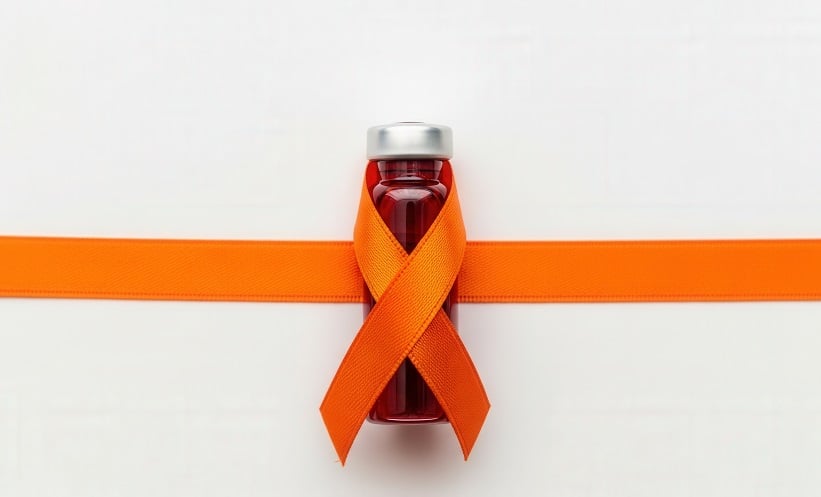A new study presented at the 2025 International Conference on Malignant Lymphoma (ICML) has shown that radiation therapy can be safely integrated with bispecific antibody treatment in patients with relapsed or refractory blood cancers, including large B-cell lymphoma (LBCL) and multiple myeloma (MM).
This retrospective analysis of 26 patients—7 with LBCL and 19 with MM—marks the first systematic report of real-world radiation use in conjunction with bispecific antibodies. Patients received bispecifics such as glofitamab, epcoritamab, elranatamab, teclistamab, and talquetamab, with most having undergone multiple prior therapies including CAR T-cell treatment.
Radiation was delivered at different stages: before, during, or after bispecific therapy. Across 44 treated sites, radiation achieved 100% local control and a 100% symptomatic response rate. Among evaluable sites, 26% showed complete response and 74% partial response on imaging. Bulky disease (≥5 cm) responded well, with no cases of in-field progression reported.
Radiation doses varied (4–41.6 Gy), but no severe (grade 3 or higher) toxicities were observed. Additionally, no serious immune-related complications such as high-grade cytokine release syndrome or neurotoxicity occurred.
All but three patients received radiation with palliative intent, highlighting its role in symptom control and disease management. The findings suggest radiation can be safely and effectively combined with bispecific antibodies, offering an additional tool in the management of advanced blood cancers. Further research is needed to assess long-term outcomes and optimal dosing strategies.
Reference
Ababneh HS et al. Combining bispecifics and radiation for rel/ref hematologic malignancies: friend or foe? Abstract 406. ICML; 13-17 June; Lugano, Switzerland.








